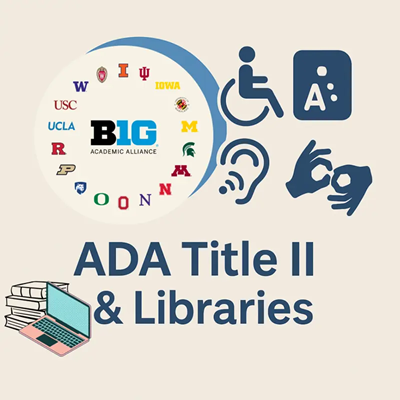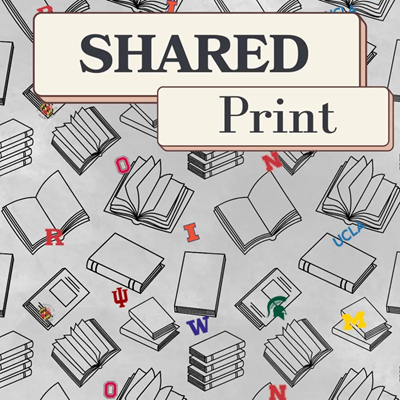
Libraries
The Libraries of the Big Ten Academic Alliance are aligned in the vision of uniting our separate collections into one collection, shared and fully networked: the BIG Collection. By this phrase we mean a holistic and comprehensive understanding of what a library "collection" is: not simply the things we hold, but our services; our people; our expertise; our technology; and our infrastructure.
In advancing this future of interdependence and excellence, we are guided by our North Star in everything that we do:
In order to advance a just, trustworthy, scalable & sustainable open knowledge ecosystem, make open, more equitable scholarship our lead purpose.
On these pages, you'll find more about the services, programs, and community that are advancing this vision in a principles-centered, mission-driven, values-aligned way.

ADA Title II & Libraries
Catch the webinar replay + slides from our August 27 event. Now posted on our Accessibility page.

Big Ten Open Books
A new model for open-access publishing
Free, trusted titles from Big Ten university presses.

Shared Print White Paper
Explore the vision for a collaborative, distributed archive across Big Ten libraries.
Library Directors Respond to Pricing Proposal for Scientific American
The Library Directors of the CIC member universities share the concern, expressed by librarians elsewhere, that Nature Publishing Group’s proposed site-license pricing for Scientific American is unacceptable.
NPG recently took control of this title from another publisher, proceeding to raise the library print subscription price almost seven-fold, and the electronic site-license price at 10 times the cost of a print subscription. The Nature publishing company has a history of aggressive pricing practices for its specialized scholarly journals, and is apparently intent on applying these practices to the more general interest content it acquires.
Scientific American is an example of such a popular magazine that research libraries license to further the cultural awareness of non-specialist students and faculty. As a popular magazine, however, it is readily accessible to interested readers through personal subscription and retail store sales, so libraries are right to resist undue price increases that would compromise their ability to support more specialized scholarly journals.
While the pricing of a single magazine or journal like Scientific American does not seriously imperil the bottom line of larger libraries, the pattern of commercial publishers buying up titles—scholarly or popular—with the intention of raising prices out of proportion to the costs of production and distribution, is indeed a serious threat to libraries and readers. The CIC libraries will work with our students and faculty to resist these predatory business practices that undermine our shared commitment to the broadest possible dissemination of knowledge.
